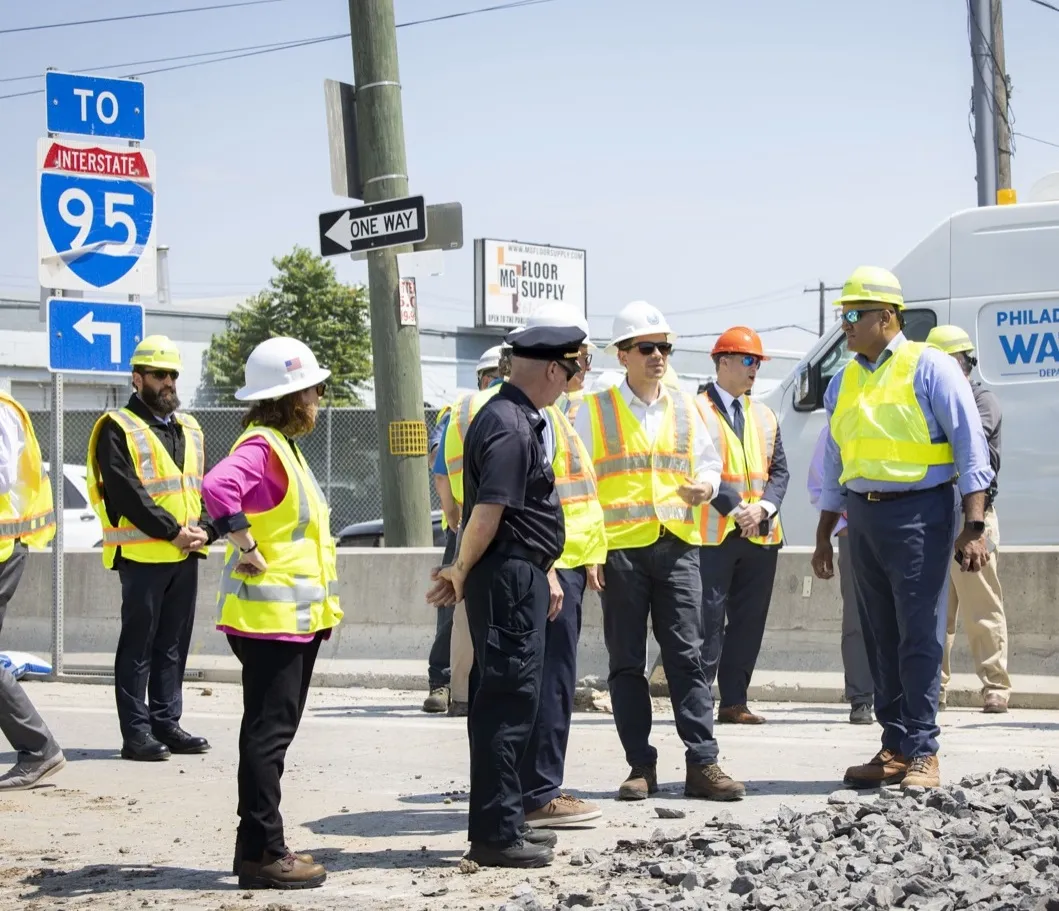Brazil's federal government has drawn up a tender launch schedule for highway, railway, airport, waterway, and port dredging concessions. Feasibility studies for the country's upcoming concessions have already been completed and tenders are due to be launched in the fourth quarter, local paper Valor Econômico reported. To date, a total of 493 kilometres of sections of federal highway, from Paraná state's Lapa city to Santa Catarina state's Chapecó city, are waiting to be put out to tender. Additional highwa
March 19, 2015
Read time: 2 mins
Brazil's federal government has drawn up a tender launch schedule for highway, railway, airport, waterway, and port dredging concessions.
Feasibility studies for the country's upcoming concessions have already been completed and tenders are due to be launched in the fourth quarter, local paper Valor Econômico reported.
To date, a total of 493 kilometres of sections of federal highway, from Paraná state's Lapa city to Santa Catarina state's Chapecó city, are waiting to be put out to tender. Additional highway stretches will be announced from June, planning minister Nelson Barbosa has said.
Current concession holders are interested in expanding the country's railway network in exchange for extensions to their concession contracts. The federal government is planning to evaluate their proposals shortly. Although the government is considering launching a tender for the Centro-Oeste integration railway (Fico), it has received provisional interest only from foreign parties and is currently awaiting local investors to get involved.
President Dilma Rousseff has confirmed that airport concessions in the state capitals of Porto Alegre (Rio Grande do Sul state), Florianópolis (Santa Catarina) and Salvador (Bahia) would be put out to tender in parallel with the restructuring of national airport authority Infraero. After privatising the most lucrative airports, Infraero is experiencing financial problems.
Tenders are also expected for waterways, where priority will be given to the north of Brazil. The federal government is currently developing plans for the Tapajós, Madeira and Tocantins rivers, as well as the Mercosul waterway in the south.
Feasibility studies for the country's upcoming concessions have already been completed and tenders are due to be launched in the fourth quarter, local paper Valor Econômico reported.
To date, a total of 493 kilometres of sections of federal highway, from Paraná state's Lapa city to Santa Catarina state's Chapecó city, are waiting to be put out to tender. Additional highway stretches will be announced from June, planning minister Nelson Barbosa has said.
Current concession holders are interested in expanding the country's railway network in exchange for extensions to their concession contracts. The federal government is planning to evaluate their proposals shortly. Although the government is considering launching a tender for the Centro-Oeste integration railway (Fico), it has received provisional interest only from foreign parties and is currently awaiting local investors to get involved.
President Dilma Rousseff has confirmed that airport concessions in the state capitals of Porto Alegre (Rio Grande do Sul state), Florianópolis (Santa Catarina) and Salvador (Bahia) would be put out to tender in parallel with the restructuring of national airport authority Infraero. After privatising the most lucrative airports, Infraero is experiencing financial problems.
Tenders are also expected for waterways, where priority will be given to the north of Brazil. The federal government is currently developing plans for the Tapajós, Madeira and Tocantins rivers, as well as the Mercosul waterway in the south.










